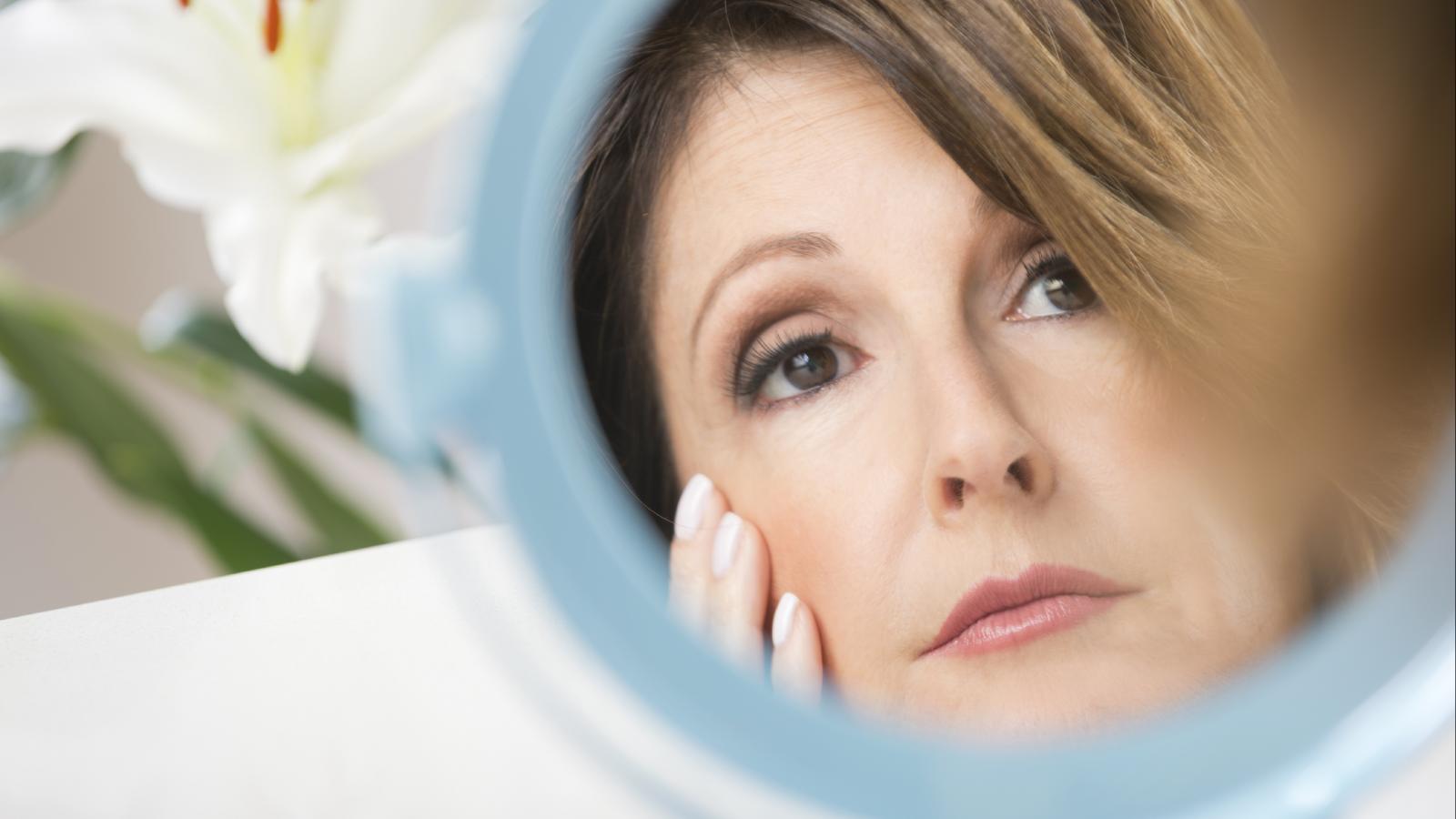After cervical cancer treatment

What follow-up do I need?
No matter what type of cancer treatment you have, you will still need regular check-ups once it is over. This is called follow-up.
The follow-up may involve having a physical exam, blood tests and scans.
If you are between check-ups and have a symptom or problem that is worrying you, call your specialist nurse for advice or to arrange an earlier outpatient appointment, if necessary.
If you become suddenly unwell and can’t contact your specialist nurse or hospital team, go to your GP or the emergency department at the hospital.
Feelings after treatment
It can take some time to come to terms with a cancer diagnosis, even after your treatment has ended. Read about feelings after treatment and where to get support.
Living a healthy lifestyle
It's important to look after yourself after a cancer diagnosis. Get some advice on healthy living after cancer.
What if the cancer comes back?
If the cancer comes back in the cervix or somewhere else, your doctor will advise you about your treatment options. For example, chemotherapy or targeted therapies. There may also be treatments you can have as part of a clinical trial. Your doctor will advise you on what’s best in your situation.
You might also find it reassuring to have another medical opinion. Your doctor will refer you to another specialist for a second opinion if you feel this would be helpful.

Locally recurrent cervical cancer
If the cancer has returned to the cervix only (locally recurrent cervical cancer), sometimes it is possible to aim for a cure using surgery. Your doctor will advise you about this.
Why does cancer come back after treatment?
Unfortunately sometimes cancer does come back. This doesn’t mean that you did something wrong or that your first treatment was unsuccessful. Sometimes cancer cells remain in your body and start to grow again, although your doctors do all they can to prevent this.
Coping with a diagnosis of recurrent cancer
It can be very hard to cope if you’re facing cancer a second time. We have information on where to get emotional support, or you can talk to one of our cancer nurses in confidence by calling our Support Line or by visiting a Daffodil Centre.
For more information
Phone
1800 200 700

